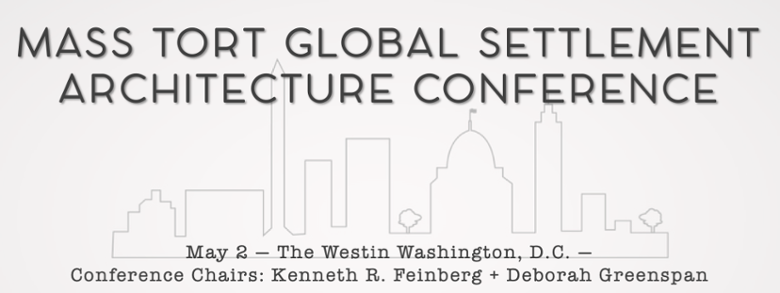
Stock image.
Miami— Philip Morris was hit with a $2.5 million verdict, but avoided a punitive damage award against it for the role jurors found the tobacco giant played in the cancer death of a Florida truck driver. Holliman v. Philip Morris, 2017-CA-002638.
Jurors in Florida's 11th Judicial Circuit, in Dade County, found Friday that nicotine addiction and Philip Morris cigarettes caused the lung cancer that killed Ulysee Holliman in 1993. Jurors also found Philip Morris potentially liable for punitives in addition to the $2.5 compensatory award. However after a one-day trial on the issue Monday, they ultimately issued a $0 punitive verdict.
Holliman’s family claims Philip Morris’ part in a scheme to hide the dangers of smoking throughout much of the 20th century hooked Holliman to cigarettes for decades and caused the lung cancer that ultimately killed him at 57.
The case is one of thousands that stem from Engle v. Liggett Group Inc., a 1994 Florida state court class-action lawsuit against Reynolds and the nation's other tobacco companies, in which jurors found for the plaintiffs. The state's supreme court later decertified the class, but ruled Engle progeny cases may be tried individually. Plaintiffs are entitled to the benefit of the jury's findings in the original verdict, including the determination that tobacco companies placed a dangerous, addictive product on the market and hid the dangers of smoking.
The seven-day-long first phase of trial, on class membership, turned largely on whether Holliman was addicted to cigarettes. On that issue, each side battled over their experts' contrary opinions reached when diagnosing tobacco use disorder under the latest edition of the American Psychiatric Association’s DIagnostic and Statistical Manual of Mental Disorders, or the DSM-5.
During Friday’s closings in the trial’s first phase, Shook Hardy’s Walter Cofer argued that, despite the experts’ differing conclusions, they agreed Holliman did not meet some key factors relevant to a finding of disorder. “Both [experts] agree that smoking was not interfering with Mr. Holliman’s life in any way,” Cofer said, adding evidence showed Holliman did not try hard enough to quit smoking in time to avoid its effects. “It didn’t cause problems at home. It didn’t cause problems at work.”
But the Holliman family’s attorney, Kelley/Uustal's Eric Rosen, contended those factors were largely irrelevant during much of Holliman’s life, when smoking was more commonly permitted. Instead, Rosen pointed to Holliman’s years of smoking up to 3 packs of cigarettes a day, combined with his many failed quit attempts, as showing he was hooked to nicotine. “You have [his] wife, who knows her husband, who knows he wanted to quit. And I asked her; did he want to smoke, or did he want to stop smoking?” Rosen said. “He wanted to stop smoking.”
After Friday’s decision on class membership, Monday’s punitive phase turned on whether changes to the tobacco industry as a whole, and Philip Morris specifically, over the last two decades mitigated against punitives being imposed for its earlier conduct.
During Monday’s closing arguments, Rosen claimed the company’s key role in a 50-year conspiracy to hide the dangers of the cigarettes it sold warranted a harsh financial punishment. “It’s the worst kind of harm you can do, causing harm to someone for money. Intentionally hiding things for money,” Rosen said, before requesting a $12.5 million punitive award. “It’s the only thing they understand.... the bottom line.”
But Cofer argued changes to both Philip Morris and the tobacco industry ensured a conspiracy like the one at the heart of the case could not reoccur. Cofer told jurors the tobacco industry was now overseen by the federal government, while Philip Morris had entered into a sweeping settlement agreement with states’ attorneys’ general and strictly limited its marketing.”There’s just no question that today [Philip Morris] operates in a much more transparent, restrictive, and controlled environment than at any time in the past,” Cofer said. “Awarding a large sum of money to Mrs. Holliman in punitive damages is not going to send a message to make Philip Morris change, because it has changed.”
Email Arlin Crisco at acrisco@cvn.com.
Related Information
Ruby Holliman is represented by Kelley/Uustal’s Eric Rosen and Kimberly Wald.
Philip Morris is represented by Shook Hardy’s Walter Cofer and Kim Vaughan Lerner’s Robert Vaughan.
Not a subscriber?





